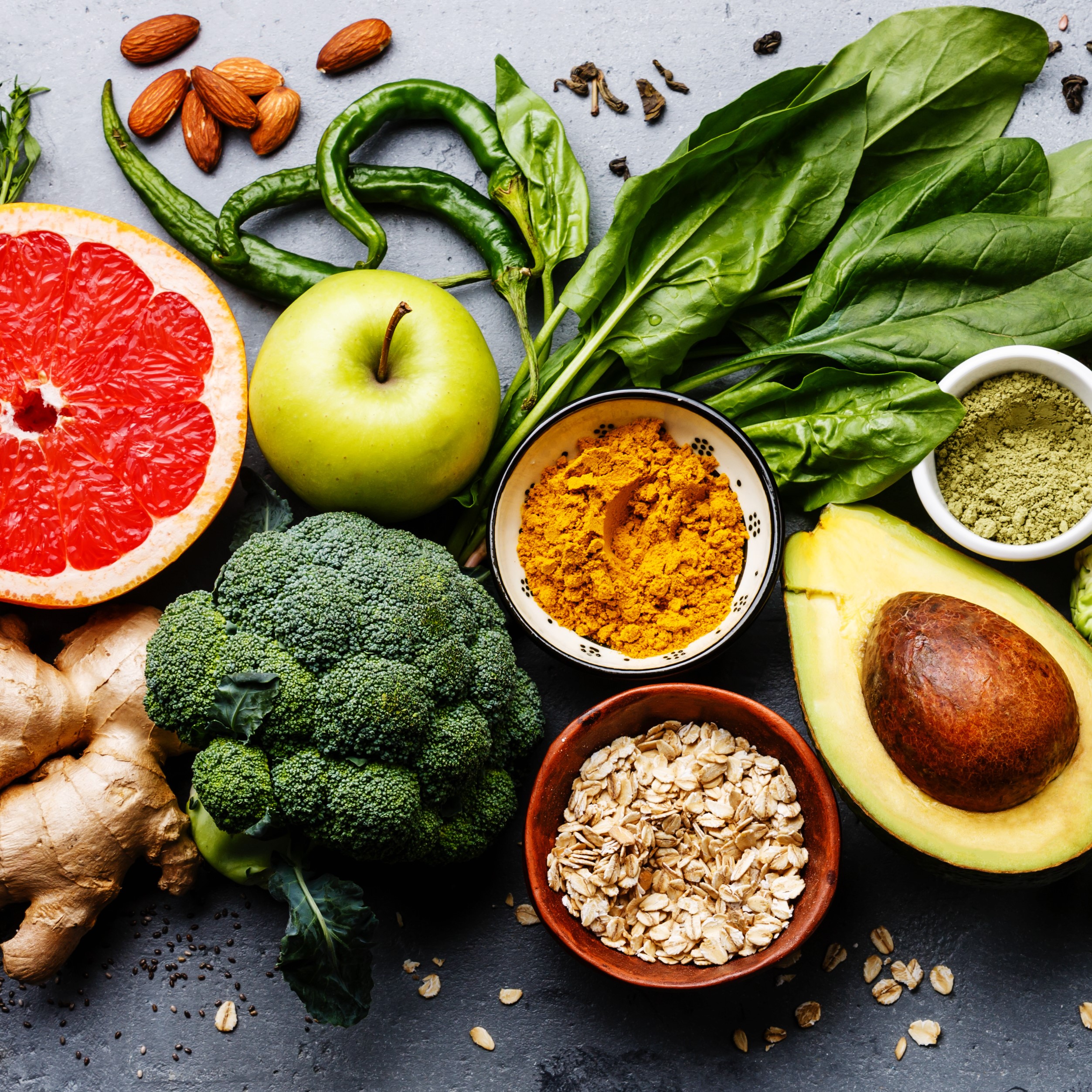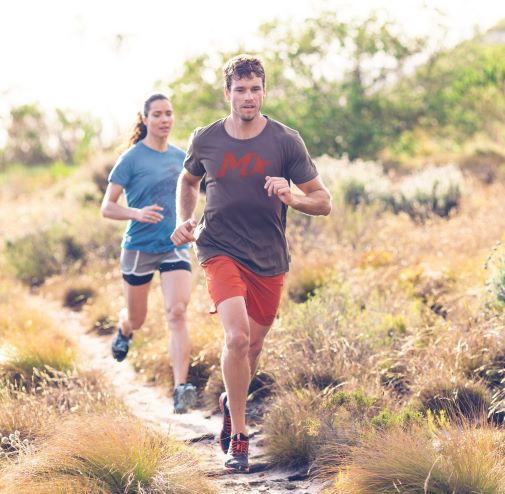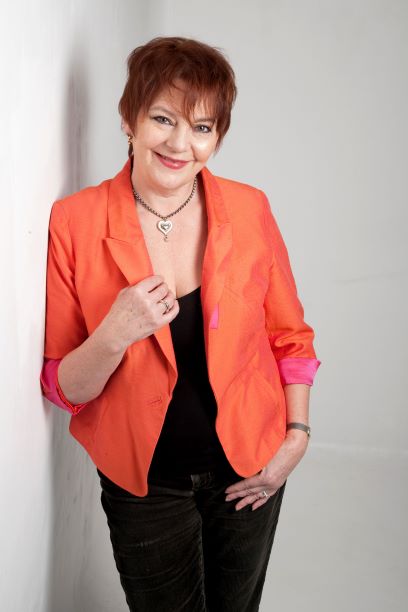Meet Rosy Daniel, Weleda's Integrative Health Consultant
Dr Rosy Daniel is Weleda's Integrative Health Consultant. Rosy has specialised in integrative healthcare since qualifying medically in 1983. Having initially studied medicine at University Hospital, Cardiff, Rosy joined Bristol Cancer Care in 1985 where she studied the holistic  approach to health. She then spent three years doing her GP training before returning to Bristol Cancer Centre, where she became the Medical Director and Chief Executive Officer.
approach to health. She then spent three years doing her GP training before returning to Bristol Cancer Centre, where she became the Medical Director and Chief Executive Officer.
In 2000 Rosy set up the Health Creation Mentorship & Consultancy and became Founder Director of the British College of Integrative Medicine in 2007. This College is run by the Health and Wellbeing Trust Charity which seeks to educate doctors, nurses and practitioners in sustainable natural healthcare solutions. Rosy continues to practice medicine in Bath, alongside her work as a writer, teacher, trainer, researcher and broadcaster.
Rosy joined the Weleda team in 2019 to advise on Integrative Health and to contribute to the Health Coaching Programme for Weleda Wellbeing Advisors. She is a Patron of the Healing Trust and of the British Wheel of Yoga and maintains her own health and wellbeing through yoga, meditation, pranayama, gardening, dancing and singing.
When did you realise you wanted to be a doctor?
Actually, I tried very hard not to be a doctor as my mother, father, grandfather, brother, aunt and two uncles were all GPs! So, after school, I was heading off towards the arts and hotel management. What changed was that my best friend in my late teens had really severe ulcerative colitis, and I noticed it was ebbing and flowing with the state of her emotions. When she was excited, happy and in love it subsided. But when she was anxious, conflicted and upset it flared up. I was witnessing what I now know to be the ‘mind-body connection’, but in those days, this concept was not around. So, I started looking for any system of healthcare that included this idea and finally found that in acupuncture they talked about the influence of ‘the mentals’. This took me off on a path towards acupuncture training, which involved going back to college and taking 3 science O and A levels. However, at the point that I was about to register to train, I realised that I what I really wanted was to have a role that bridged orthodox and complementary medicine, and that for this I would need to be a doctor. So, I entered medicine, and trained in Cardiff as a doctor until 1983, and then in Bristol as a General Practitioner until 1989.
Did you always want to be a GP?
Definitely not! I knew going into medicine that I would make my way into holistic healthcare. But once qualified I realised that, like passing your driving test, you don’t really start learning properly until you are on the road. So, I realised that I had to do some years in orthodox medical practice to get the experience to call myself a doctor. That took me into three years obstetrics and psychiatry and a year in general practice, after which I was a qualified GP and able to cross tracks to work full time in holistic medicine.
How did your special interest in integrated health come about?
In the early 70s at the time I was studying to enter medicine there was an explosion of interest in all things natural and alternative – healthcare, nutrition, politics, agriculture, environment and education. We were fuelled by the music, the fashion and the ideal of living in connection with nature, in love, peace and harmony. My generation was questioning everything and rebelling against the pharmaceutical model of medicine, nuclear war, chemical agriculture and repressive Victorian values. So, I got involved in all aspects of natural living: growing my own food, raising hens, goats and bees, learning about nutrition, herbs, yoga and meditation, and dipping into all the fascinating self-development courses, therapies and spiritual growth opportunities that I could.
How did you become involved with the Bristol Cancer Centre?
I found Bristol in 1985 at the end of my medical house officer jobs and all the lights went on! Here finally was a place where all aspects of the holistic health model were woven together with care for body, mind, spirit and environment being given equal attention in both diagnosis and therapy for those ill with cancer. I witnessed extraordinary healing and felt that I was home, with the right people, in the right place doing the right thing led by the inspirational founders Pat Pilkington and Penny Brohn. I stayed for 15 years, going from being a green young doctor to Medical Director and finally Chief Executive Officer. During this time I wrote 5 books and frequently appeared on TV and radio and at national and international conferences, as the wave of interest in all things holistic spread worldwide. It was at the turn of the Millennium in 2000 that I felt I must now focus all that I had learned on prevention, and set forth to develop Health Creation - a health mentorship and consultancy service dedicated to moving people out of passive dependency and into healthy proactive self-care.
What sort of health problems are you seeing in your practice?
SInce leaving Bristol my practice has mainly revolved around helping people with cancer, but now as we are seeing an ever-growing rise in lifestyle illnesses, people also come to me to prevent or reverse type 2 diabetes, heart disease, obesity, arthritis, digestive problems, anxiety and depression.
 What have we become better at over recent years, and what remains an increasing struggle for our health and wellbeing?
What have we become better at over recent years, and what remains an increasing struggle for our health and wellbeing?The biggest improvements have been in awareness about the vital importance of eating fruit and vegetables with every single meal. There has been a decrease in smoking too. However, we are still very stressed, and lacking in exercise, oxygen and light and pretty toxic due to alcohol, cigarettes, drugs, pollution, medicines and chemicals in our food and environment.
If there was just one piece of advice you could give your patients, what would it be?
That is hard to choose! But probably I would say, get your body alkaline, as that will help to prevent cancer, inflammatory conditions and infection. And contrary to popular belief, that does mean cutting down on lemon and vinegar as well as all other acidic drinks and fruits. Get hold of some litmus paper and check your salivary pH in the morning before drinking or eating anything. You are aiming to be 7.4 so if you are lower than this, you are acidic and need to re-balance your diet with far more greens and grains.
What is your vision for the medicine of the future?
For the future health of mankind we have to stop seeing ourselves as separate from nature and, as expressed in the anthroposophic teaching of Rudolf Steiner and Ita Wegman (Weleda’s co-founders), find our way into harmony with the seasons, natural produce and natural medicines around us. We must come to live in conscious connection with ourselves, each other and Mother Earth - balancing what we take with what we give, and exchanging fear and stress for simplicity and joyful self-expression.

In the big picture, our way forward is to stop focussing on illness and start focussing on wellness. Our main question should therefore be not what is wrong with us, but what is right with you that just needs encouragement to blossom! Ask yourself, what is it that makes you feel bright and brilliant and brings you fully alive? If we do these enlivening things, follow our hearts and make the choice for love in every step of our path, our spirits will shine, our healthy self-care will develop, and our health will optimise, as we aim to make health and not illness the norm within society.
If you would like to find out more about Dr Rosy Daniel and her services, please click here.


 approach to health. She then spent three years doing her GP training before returning to Bristol Cancer Centre, where she became the Medical Director and Chief Executive Officer.
approach to health. She then spent three years doing her GP training before returning to Bristol Cancer Centre, where she became the Medical Director and Chief Executive Officer.